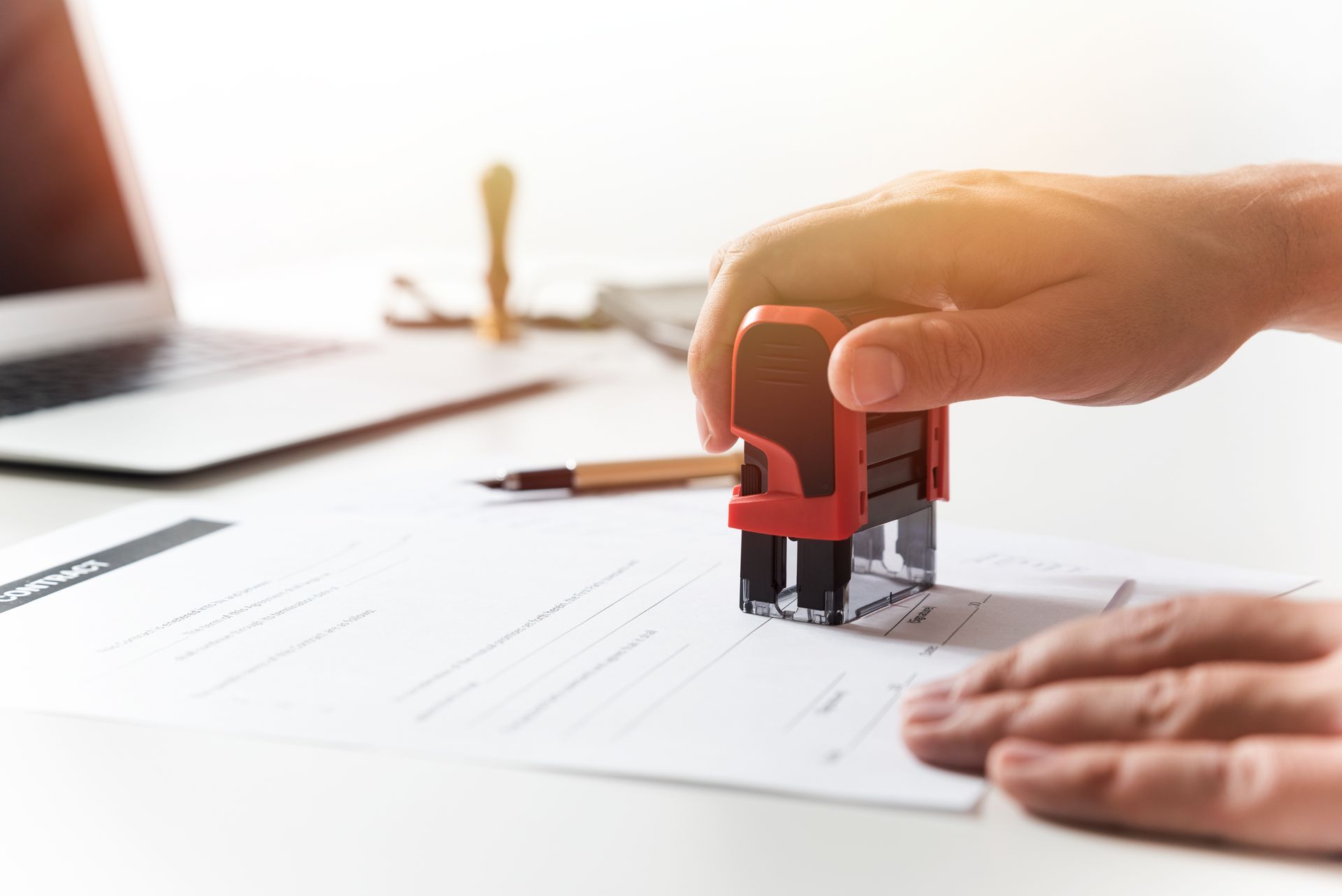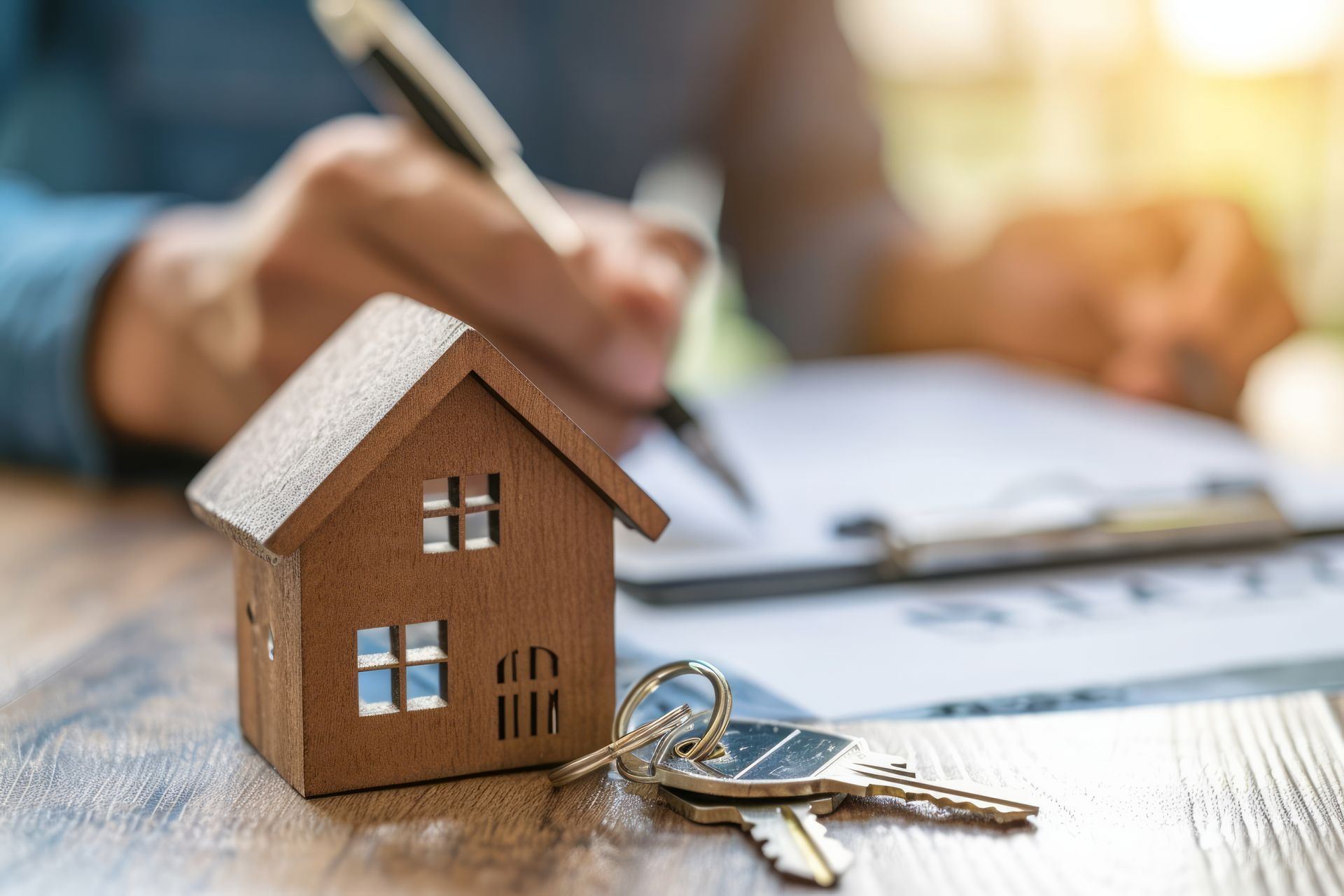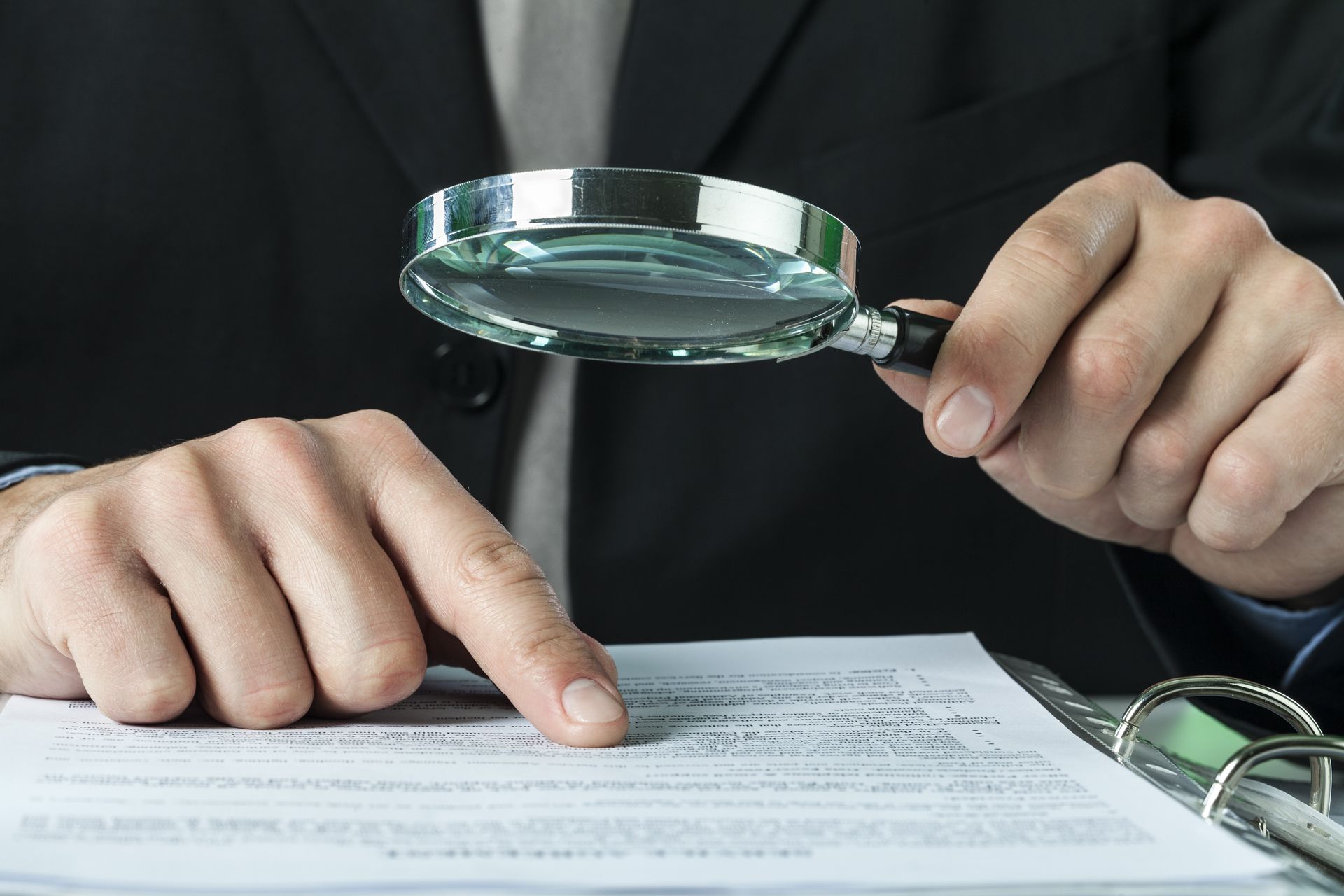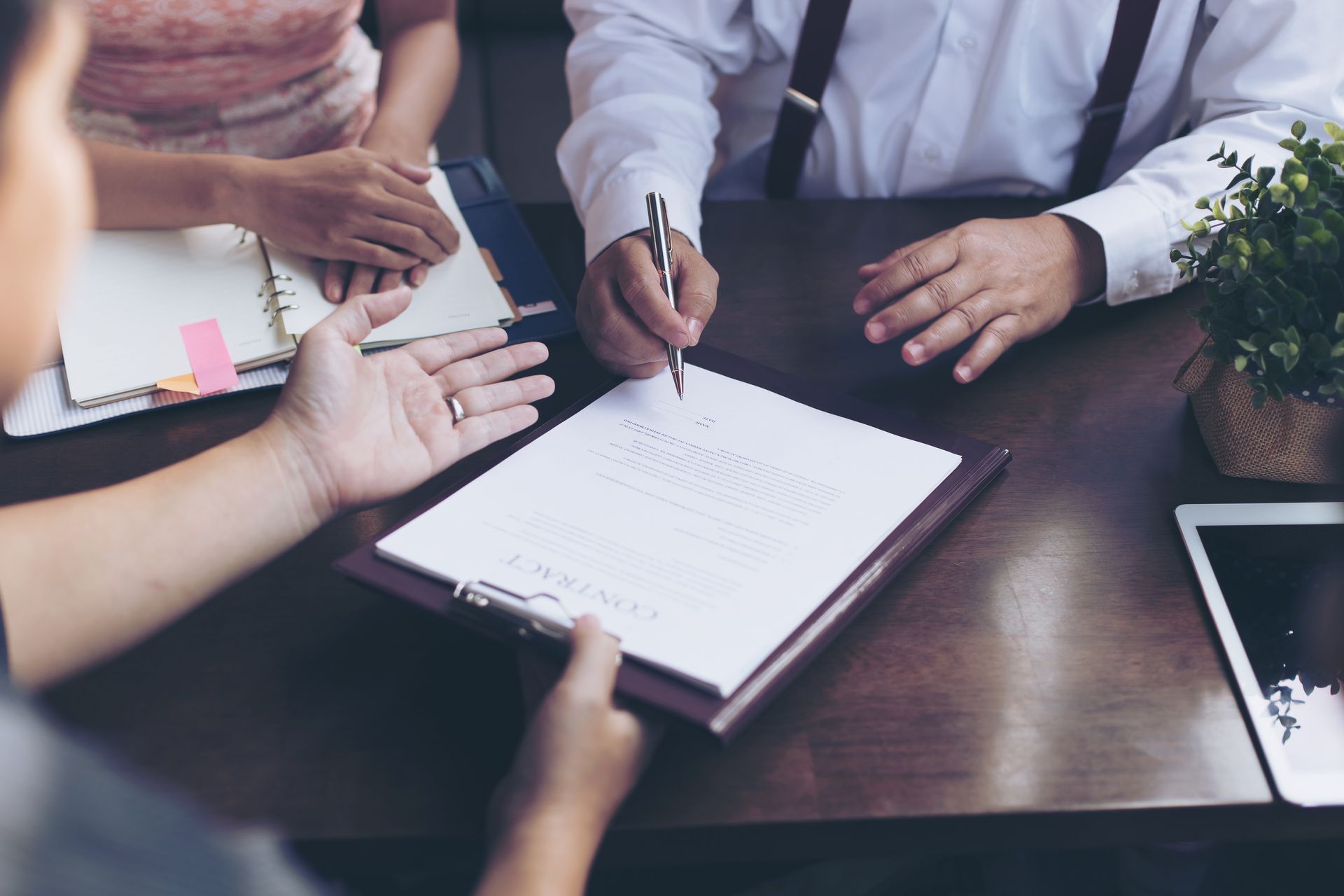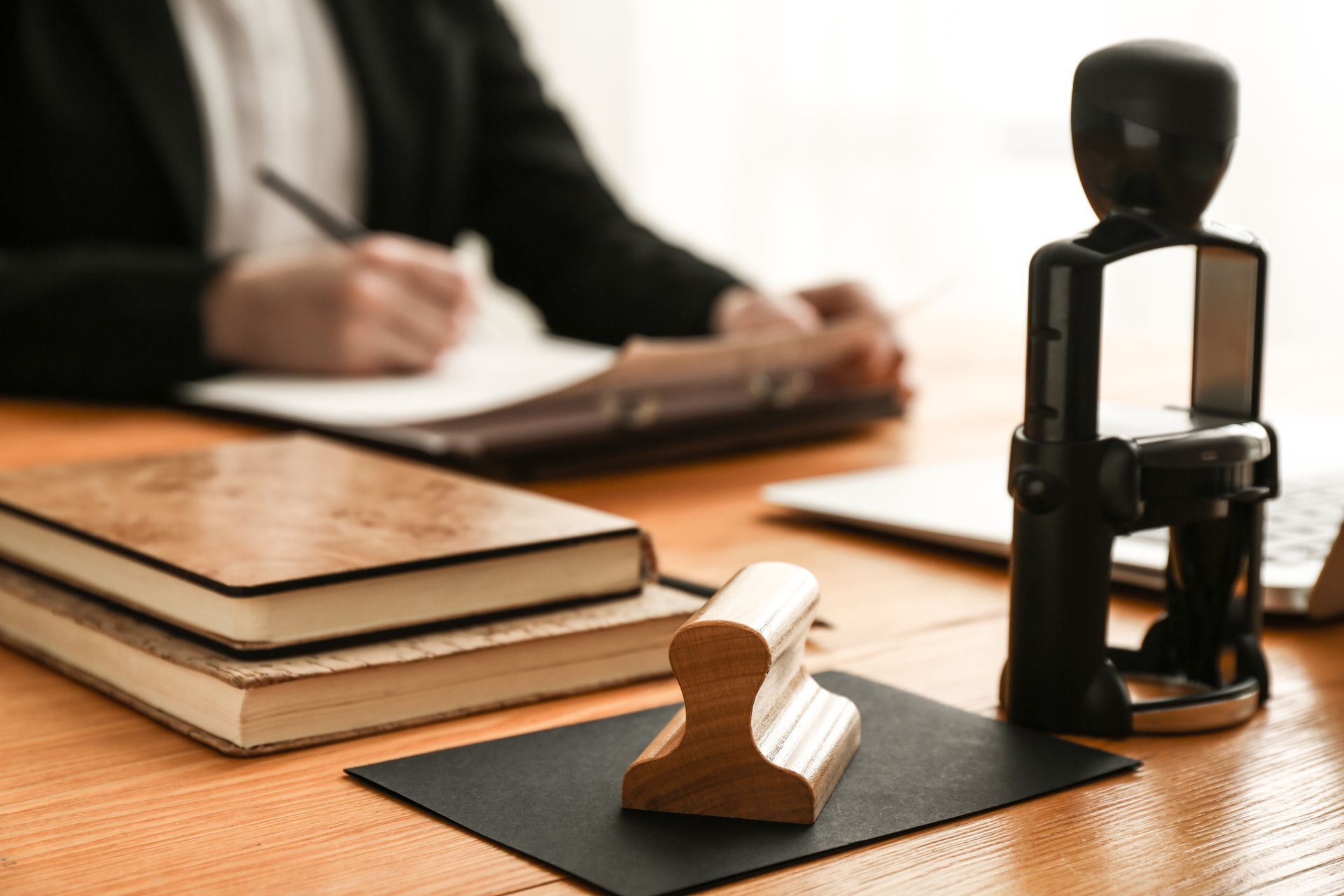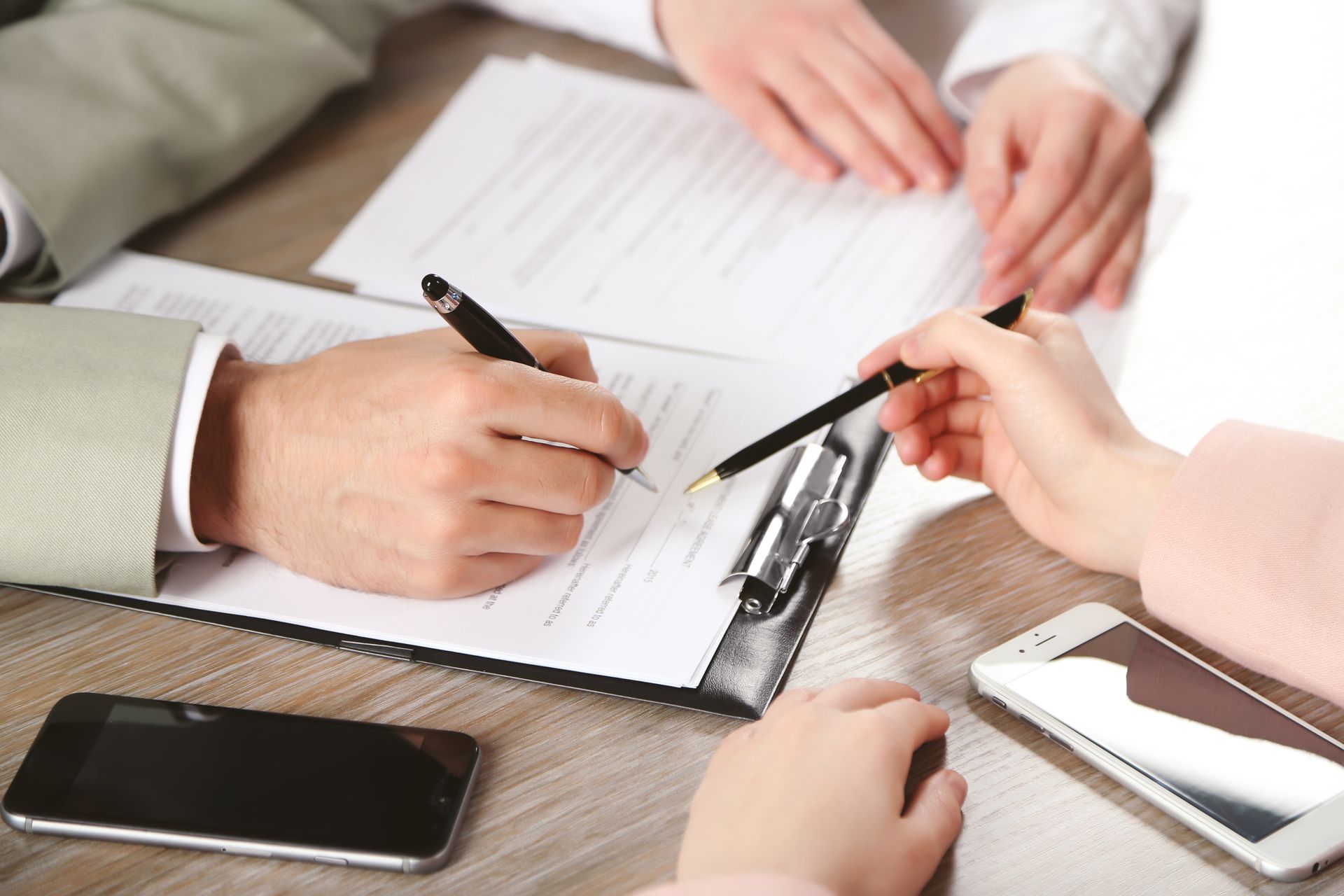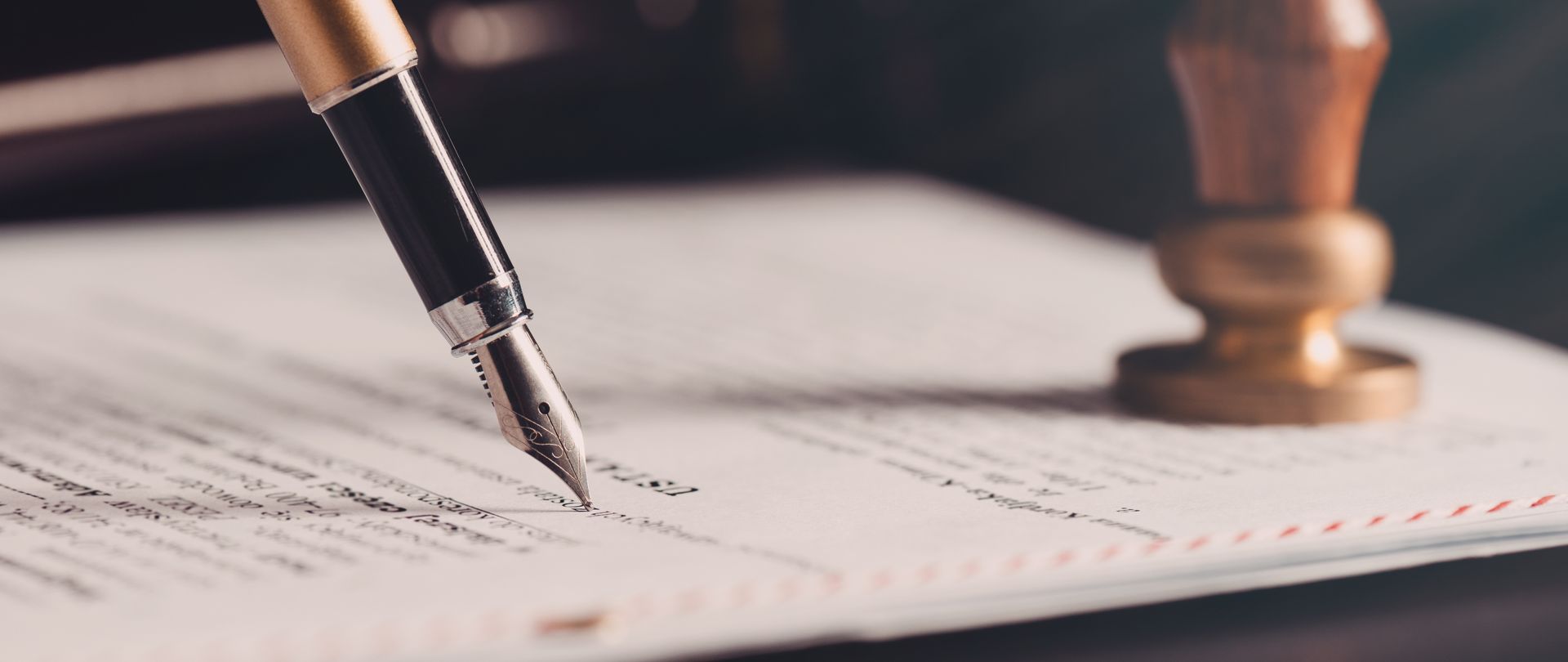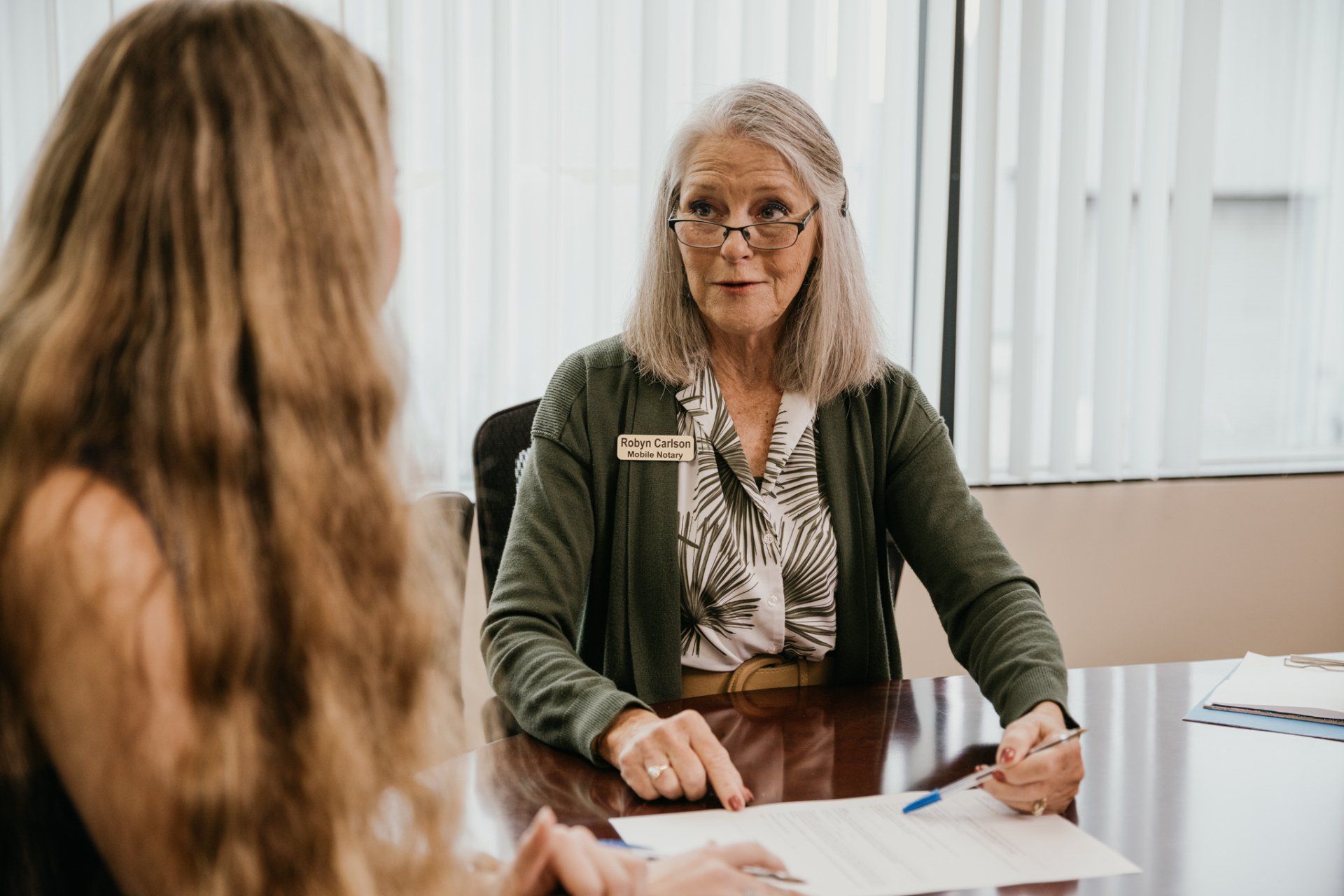How to Prepare for a Notary Appointment: A Checklist
Whether you're buying a home, setting up a power of attorney, or entering into any legally binding agreement, getting your documents notarized is essential in making them valid and enforceable. Preparing properly for a notary appointment can save you time and help ensure the process goes smoothly.
1. Gather All Necessary Documents
- Identify which documents need notarization: Make sure you understand which parts of your documents require notarization.
- Complete all forms, except for the signature: Notaries public are required to witness you signing the document, so do not sign them beforehand unless instructed otherwise by the notary.
2. Review Your Documents
- Double-check for mistakes: Ensure all information in the documents is correct and complete. Notaries can only witness signings; they cannot correct, complete, or change document contents.
- Understand the contents: Know what you are signing. If you don't understand something in the document, consult with a legal advisor before your appointment.
3. Bring Proper Identification
- Valid identification: Bring a government-issued photo ID such as a driver’s license, passport, or state identification card. The name on the ID should match the name on the document.
- Additional forms of ID: If your state requires or the notary requests, bring additional identification as specified.
4. Determine If Witnesses Are Required
- Check if witnesses are needed: Some documents require witnesses in addition to the notarization. Ensure you know whether your document requires witnesses and who can or cannot serve as a witness.
- Bring witnesses to the appointment: Bring the required number of witnesses with you. Make sure they bring proper identification as well.
5. Confirm the Appointment Details
- Verify time and location: Confirm the appointment time and location with the notary in advance. Confirm the address and specific meeting spot if it's a mobile notary service.
- Ask about fees: Understand the fees associated with the notarization service, including any travel fees if applicable.
6. Plan to Arrive Early
- Arrive on time: Plan to arrive at least 10 minutes early. This will give you ample time to address last-minute concerns and present your documents and IDs without feeling rushed.
7. Prepare the Notarization Fees
- Know the cost: Be aware of the notary fees often set by state law. Have the exact amount ready, or ask if electronic payments are accepted.
8. Additional Tips
- Bring all parties involved: If a document involves multiple signatories, all must be present for the notarization unless the law says otherwise.
- Use blue or black ink: Bring a pen with blue or black ink, as these are typically required for legal documents to differentiate original documents from copies.
Conclusion
Preparing for a notary appointment doesn't have to be complicated. By following these practical steps, you can ensure that your document notarization is handled efficiently and correctly. Always remember that the notary's role is to verify the signers' identity and the signatures' authenticity, not to understand or explain the document contents. So, being well-prepared is key to a smooth notarization process.
